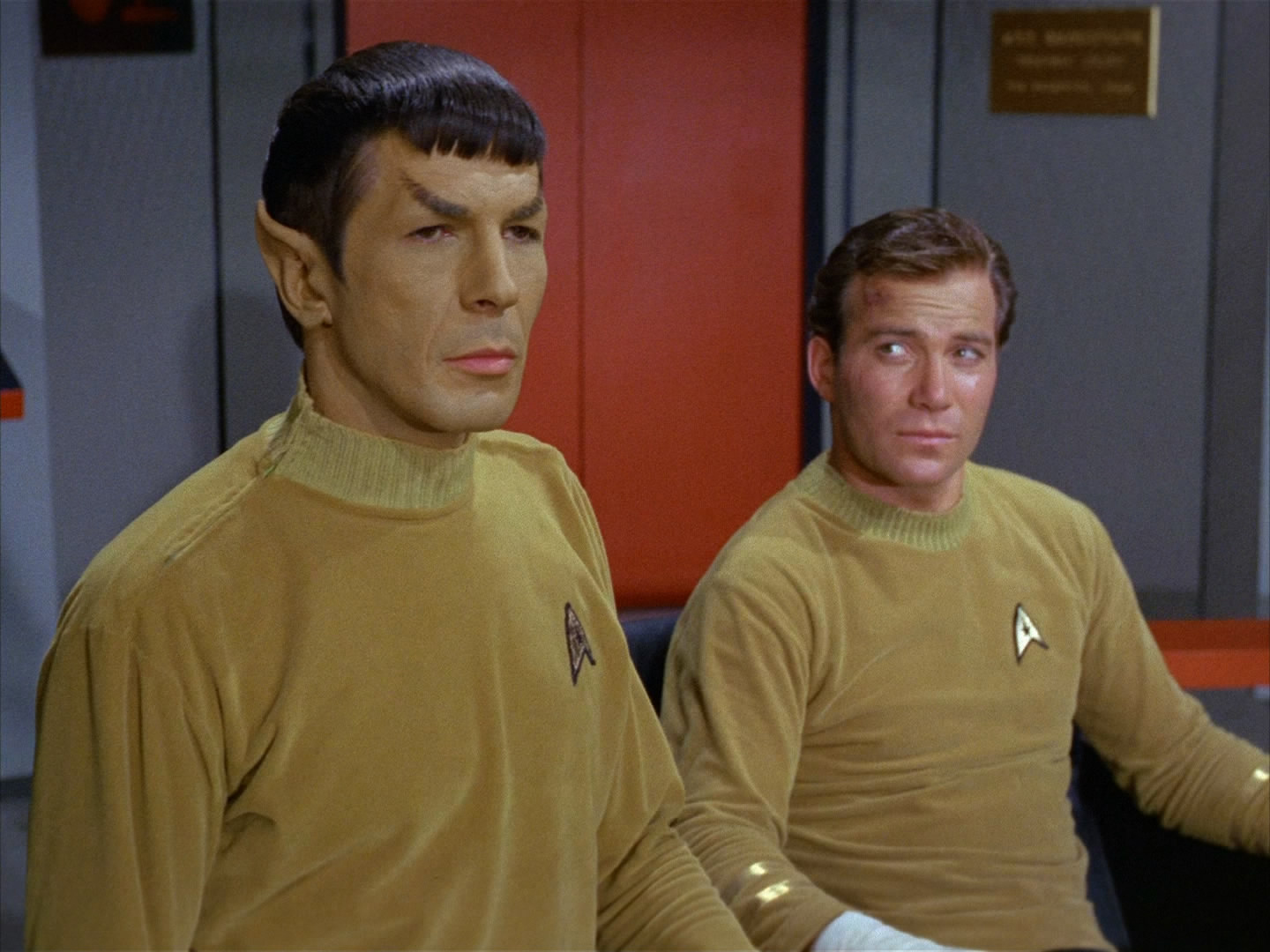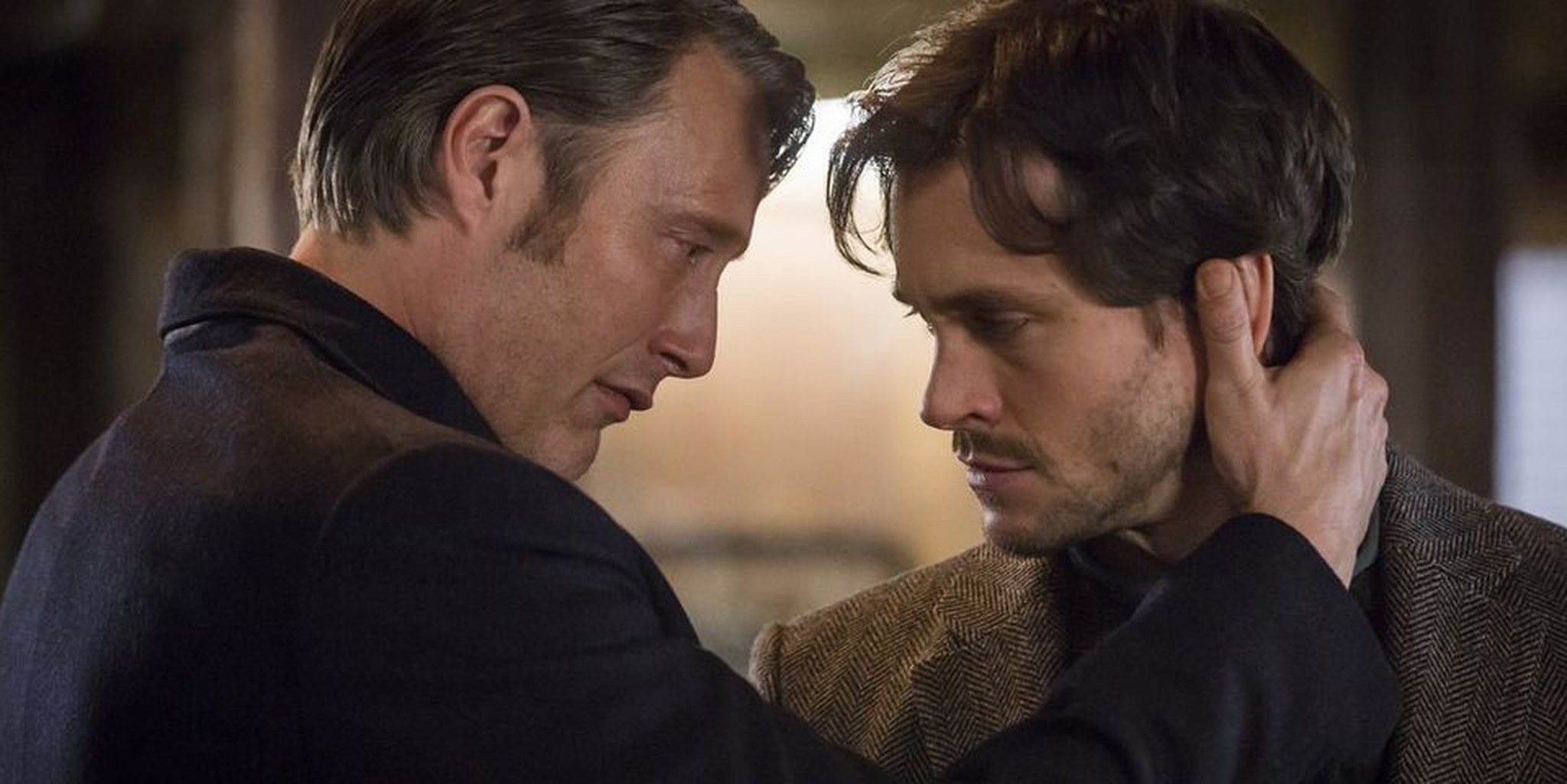Ahh, the start of winter break.
A time in which college students across the country are rejoicing in the fact that they finally have some time away from cramming for exams and turning in tear-stained essays; a time in which binge-watching a new series on Netflix can take a primary slot in your schedule, rather than acting as an enabler for your extreme procrastination.
As you lay in bed and begin investing your heart and soul into your binge-watching, you might find yourself growing attached to the characters, and even wishing that a certain two would just shut up and get together already.
It doesn’t matter if you’re watching “Friends” and you already know that *spoiler alert* Rachel gets off the plane to come back to Ross, or if you’re watching the latest season of “The 100,” and emotionally dying over every minuscule touch between Bellamy and Clarke — there’s just something about watching fictional characters fall in love that triggers a strangely emotional reaction.
This, my friends, is shipping. While most internet-users have probably heard this term before, what you might not know is that this phenomenon has actually been around for a very long time.
One of the first widely recognized “ships” was actually Kirk/Spock from “Star Trek” back in the ’70s.

The ship became so popular, and sparked so much fanfiction, that it gave rise to its own genre centered around homosexual relationships, called “K/S.” Over time, the genre became better known as “slash fiction,” and has been applied to homosexual ships from a variety of media, including TV, film, literature and video games.
But the vocabulary of “shipping” and all of its many variations (I ship, you ship, he/she/we ship; shipping, Shipology, the study of ships — it’s first grade, Spongebob!) didn’t arise until the ’90s. With the advent of personal computers and internet forums, heated debate arose surrounding the classic will-they-won’t-they relationship between Mulder and Scully from “The X-Files.” Fans of the show used this platform to voice strong opinions for and against the couple, referring to those in favor of Mulder/Scully as “relationshippers.”
From there, the term was eventually shortened to “shipper,” and the verb “to ship” first became recognized by the prestigious Urban Dictionary in the early 2000s. But if you think that’s the extent of it, fasten your seatbelts.
There’s an entire world of shippers and shipping within almost every fandom that has its own distinct set of vocabulary and customs.
For instance, there’s this thing called “crack ships,” in which two characters who rarely interact with one another are supported romantically within a fandom. It could be a random janitor who appears in three episodes and makes eye contact with one of the protagonists. Then, suddenly, there are all of these gif sets on Tumblr of their one encounter, and photoshopped manipulations of them making out with each other.
Or, there’s my personal favorite, the “cargo ship.” For this one, fans ship a fictional character with none other than an inanimate object – usually something within the context of the show. For example, in “The 100,” many fans ship Commander Lexa with the female protagonist Clarke. After *spoiler alert* Lexa suffers a tragic death in season three, her “spirit” is basically saved onto this small chip. For the rest of the season, Clarke carries the chip around with her, and many Clexa fans began to actually ship her with the chip itself.
Yeah, shipping can be pretty strange.
So, why care so much about the outcome of a relationship on a TV show? To answer that question, you first have to take a look at why humans are even so passionate about fictional characters at all. According to psychological studies, it has a lot to do with our ability to empathize. When you watch human (or even human-like) characters go through incredibly difficult or monumentally joyous situations, your brain often reacts just as it would when watching a friend or relative going through the same thing. As a result, emotions arise.

Although it might be easy to discredit this sensation with the argument that you can’t possibly feel anything for someone or something that doesn’t actually exist, this undeniable chemical reaction happens nonetheless.
“Whether or not characters are ontologically ‘real,’ our familiarity with them renders them very emotionally potent; a kind of emotional truth that we experience at a biochemical level quite the same as we would with strangers whom we get to know over the course of a season — or years, for the loyalist of fans,” writes Abby Norman for The Mary Sue.
So, as you’re watching your favorite fictional characters struggle through life during your latest binge-watching session, it can often feel as though you are hanging out with close friends and getting to know them better, and even experiencing some of their emotions alongside them. So when two characters begin to reveal that they might have feelings for one another, you begin to empathize with them and become emotionally invested in their unresolved romantic tension.
But that’s crazy, right? Yelling at your screen at 3 a.m. after your OTP is cut off from sharing a kiss, you might start to think you have a problem. But according to Dr. Jared DeFife, a psychologist and marriage counselor who spoke to “The Huffington Post” about this phenomenon, there’s nothing crazy about it.
“The vast majority of people who are engaging in this are [doing so] in an affirmative, positive, socially engaging, feeling-really-connected-with-other-people way,” DeFife told “The Huffington Post.” “There’s always this move to pathologize this process. I don’t think it’s a pathological one at all. I think it’s really normal. I think what it says about you is that it says you care about connections and relationships to others — as we all do. So to engage in this inherently normal.”
So as you celebrate the freedom of a break from school and continue your session of binge-watching, don’t be afraid to let yourself cry, and laugh, and yell and squee in excitement when your favorite couple finally gets together. It’s natural, it’s normal and I’ll go ahead and admit it: It’s pretty damn fun, too.













[…] the arms of Character B, we feel their relief, their love, their sadness and doubt. As journalist Michelle Criqui puts it, “when you watch human (or even human-like) characters go through incredibly difficult or […]